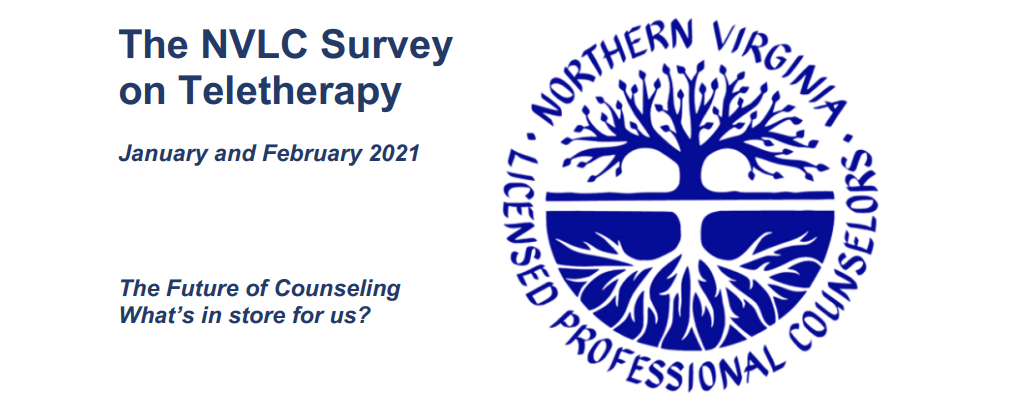Like so many mental health practitioners, Dr. Michael Greelis made the transition to teletherapy a bit begrudgingly, recognizing that in the throes of a pandemic, you really don’t have much of a choice. A licensed professional counselor in Northern Virginia since 1995, his practice up until March 2020 had been exclusively a traditional one – sitting down face to face with patients. To his mind, it’s just how counseling was done.

Then came COVID-19 and, despite a background working with educational videos, Dr. Greelis found himself unenthused at the prospect of dealing with cameras and computer links and that extra layer of logistics that would be required to see patients remotely. “You don’t do this kind of work from a distance,” he recalls thinking.
But when he heard Dr. Fauci say that medical practitioners who continued to see patients in person would be putting their health and that of their patients at risk, he began to take the steps toward a transition to teletherapy.
Then something unexpected happened. Dr. Greelis became a convert, not just embracing teletherapy as a temporary option to face-to-face counseling but actually preferring it over in-person sessions. This, he reasoned, was the future of mental health therapy.
Fast forward six months, and Dr. Greelis hears rumblings among those on professional boards expressing another point of view – that in their professional judgment, counseling is a profession best practiced when the therapist and patient are in the same room.
And so, he wondered – is this how other therapists felt? Were others in his profession not seeing the same kind of results that he was getting via Zoom? Was he an outlier in his experience with teletherapy?
NVLPC Survey on Teletherapy
To find out, Dr. Greelis – who served as the advocacy chair of the Northern Virginia Licensed Professional Counselors (NVLPC) – devised a survey: The NVLPC Survey on Teletherapy. Some 164 licensed professional counselors from Northern Virginia – all of whom were using teletherapy – responded in early 2021 to the poll, and when it came to the perceived effectiveness of teletherapy as a platform, the counselors spoke in near unanimity.
Among the notable results:
- 99% of participants said that they provide effective counseling services via teletherapy.
- 98% reported that their clients regarded teletherapy as an effective service delivery medium.
- 90% of those who have conducted treatment only using teletherapy believe the treatment was effective.
Rather than wondering whether he might be an outlier, the results of the survey confirmed that his colleagues were having a similar experience with teletherapy to his. And the research validated another rationale for telehealth generally, that the platforms were making inroads into expanding access to therapy. More than seven in 10 survey participants (71%) said that teletherapy has enabled them to more readily and consistently serve a more diverse client base and/or underserved populations. This was especially true for clients with transportation barriers.
And almost all (95%) agreed that teletherapy has a role moving forward in increasing outreach to underserved communities.
While there are advocates for telehealth that are concerned that policymakers could reimpose some of the restrictions to accessing telemedicine, Dr. Greelis believes it would be difficult to put the genie back in the bottle.
“As much as we may like teletherapy, at the end of the day it’s the patients who will continue to demand it. To my mind, there is really no going back.”
The NVLPC Survey on Telehealth was conducted by Dr. Michael Greelis, PhD, LPC with Audrey Lipps, LPC, and Wendy Rood, counseling graduate student. To access the full survey, click here. For questions or for more information, contact Dr. Greelis at drgreelis@aol.com .

